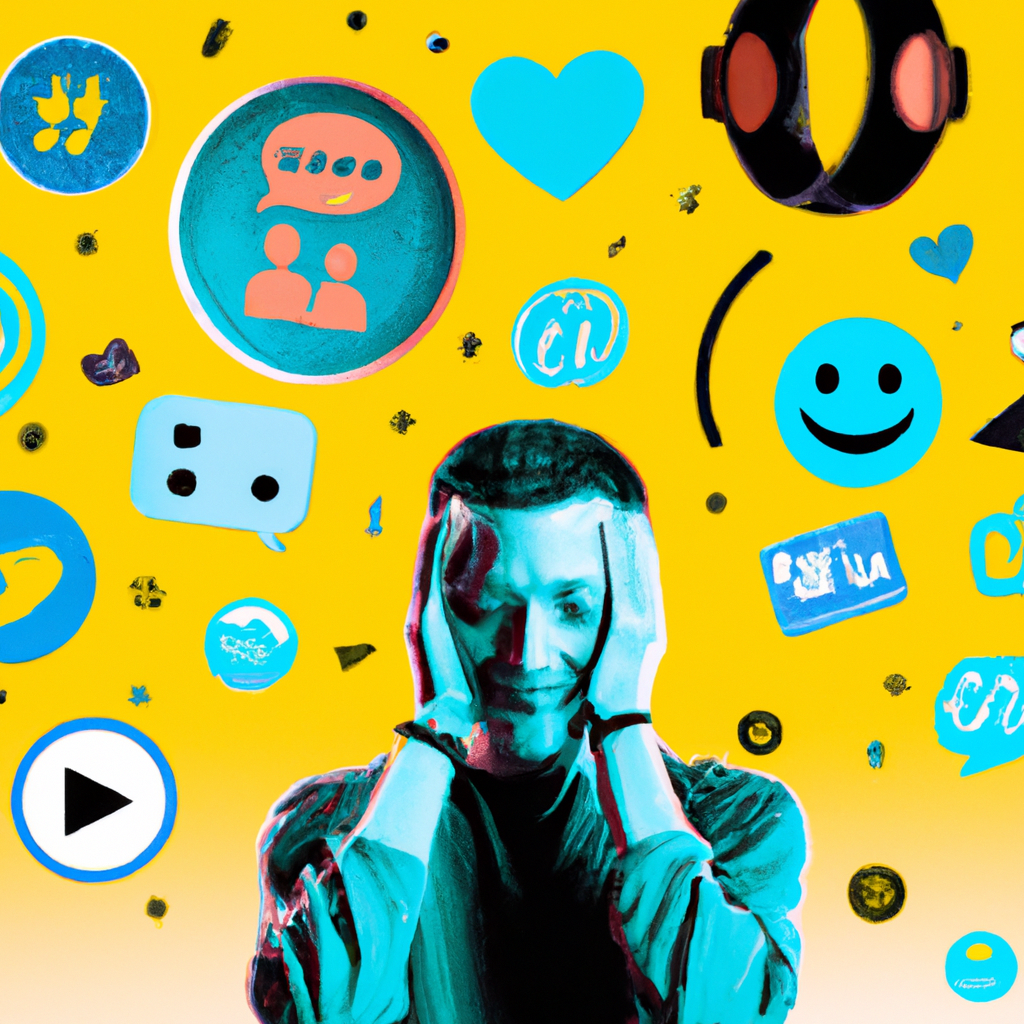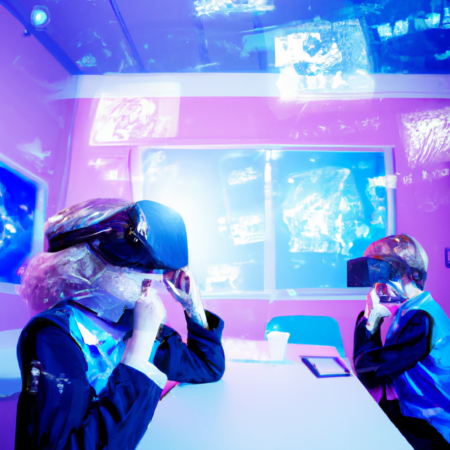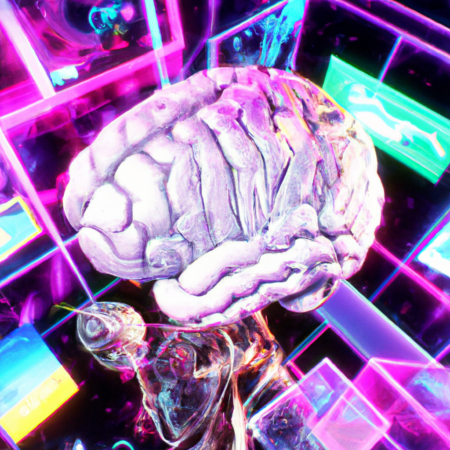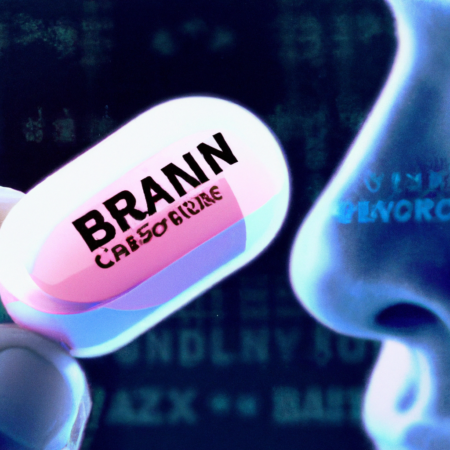Unwrapping Brain Candy: How Digital Distractions Shape Our Minds
In the digital age, the term ‘Brain Candy’ has become synonymous with content that is visually appealing, instantly gratifying, but often lacking in substantial nutritional value for our brains. As we delve into 2025, it’s critical to understand how these digital distractions are not just benign indulgences; they actively shape our cognitive processes, attention spans, and even our emotional health.
What is Brain Candy?
Brain Candy refers to content that is easy to consume and provides immediate pleasure or entertainment without substantial information or intellectual engagement. This includes everything from viral videos and memes to clickbait news articles and sensory-overloading games.
The Impact on Cognitive Function
The constant consumption of Brain Candy can lead to a decrease in attention span and an increase in cognitive load, making it harder for individuals to focus on tasks that require sustained attention and critical thinking. The allure of instant gratification from such content can also disrupt our natural learning processes and curiosity.
Emotional and Social Effects
While Brain Candy can be a mood lifter, its overuse can lead to an imbalance in how we perceive and interact with the real world. This shift can affect everything from our social interactions to our overall mental health, leading to phenomena like the ‘comparison effect’ seen on social media platforms.
Navigating the Brain Candy Trap
Understanding the effects of digital distractions is the first step towards mitigating their impact. Strategies such as setting specific times for consuming digital content, focusing on quality over quantity, and engaging in activities that promote deeper thinking and interaction can help maintain a healthy balance.
Looking Ahead
As we continue into the second quarter of 2025, it’s essential to keep the conversation about Brain Candy alive. Awareness and proactive management of our digital consumption habits can help us not only preserve but also enhance our cognitive and emotional well-being in this hyper-connected world.






